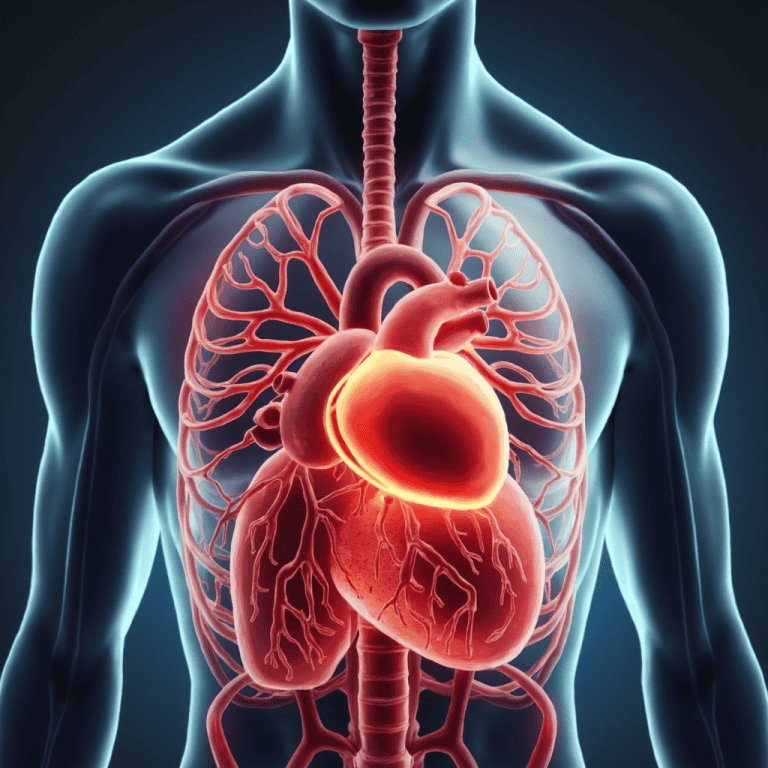Welcome to the Pulmonary Circulation quiz! In this quiz, you will learn all about how blood travels through your lungs to pick up oxygen and get rid of carbon dioxide. Pulmonary circulation is a crucial part of your body’s respiratory system, helping you breathe and stay healthy.
You will discover how the heart pumps oxygen-poor blood to the lungs, where it exchanges carbon dioxide for oxygen. This process is essential for providing your body with the oxygen it needs to function properly.
So get ready to test your knowledge on pulmonary circulation and see how well you understand this important aspect of your body’s functioning!
Play Pulmonary Circulation Quiz
Instructions
- This quiz is multiple choice.
- Read each question carefully before selecting an answer.
- Choose the best answer for each question.
- You will see the missed questions with correct answers at the end of the quiz.
Quick Facts
- The pathway of blood flow between the heart and the lungs is crucial for delivering oxygen to the body.
- The heart pumps oxygen-poor blood to the lungs through the pulmonary arteries.
- In the lungs, the blood picks up oxygen and releases carbon dioxide through tiny air sacs called alveoli.
- Oxygen-rich blood returns to the heart through the pulmonary veins.
- The pulmonary circulation system is responsible for exchanging gases in the body.
- The blood vessels in the lungs are thin and delicate to allow for efficient gas exchange.
- The pulmonary circulation system works in conjunction with the systemic circulation system to ensure proper oxygenation of the body.
- Problems with pulmonary circulation can lead to conditions such as pulmonary hypertension and pulmonary embolism.
- Regular exercise can help improve pulmonary circulation and overall lung function.
- Maintaining a healthy lifestyle, including avoiding smoking and air pollution, is important for the health of the pulmonary circulation system.
Downloads
Study Tips
- Create a study schedule and stick to it.
- Find a quiet and comfortable study environment.
- Remove distractions such as phones and social media.
- Take breaks every 25-30 minutes to avoid burnout.
- Use active studying techniques like summarizing, highlighting, and teaching concepts to someone else.
- Practice retrieval by testing yourself with flashcards or practice quizzes.
- Stay organized with notes, study guides, and resources.
- Stay hydrated and eat brain-boosting foods like fruits, nuts, and whole grains.
- Get enough sleep to improve memory retention and cognitive function.
- Reward yourself for reaching study goals to stay motivated.
